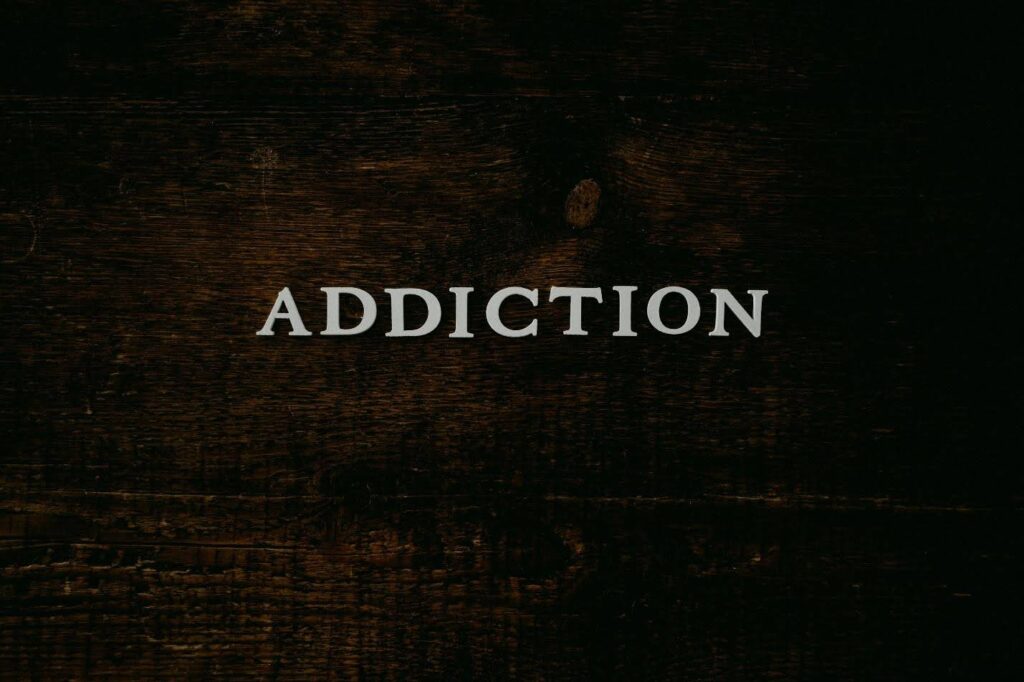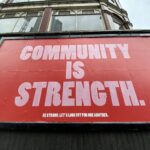When I first began to confront my misuse of alcohol, successfully sober people told me things that seemed either irrelevant or naïve. Why would they invite me to “keep coming back?” What in the world does it mean that “the first drink gets you drunk?” or “God can do for you what you can’t do for yourself.” Perhaps the most puzzling was: “We’ll love you until you can love yourself.” What does loving myself have to do with getting sober? It was 1980. I was 31 years old, and I didn’t think my drinking problem was that bad. Then a near calamitous auto incident led me to question how my drinking was impacting my family. That led me to attend a few Twelve Step meetings where I pronounced myself “not that bad.” Fear got me there and fear kept me there long enough to realize my drinking was bad enough. It could be that the most compelling thing they told me was that misusing alcohol is a progressive illness. My drinking and its negative consequences will get worse.
That got my attention. I could see how as much as I wanted to control how much I drank, I couldn’t. About six months after quitting alcohol, I saw my love for sweets escalate. Consequently, I came to weigh 250 pounds and always gained back whatever weight I lost plus more; my eating of certain foods was addictive and getting worse.
I met someone at my recovery meeting who told me about another Twelve Step group for people who obsessed about and misused food. Again, I resisted and told myself I wasn’t that bad, yet eventually, I ended up hanging out with another group of people who said similar things, “It’s the first bite that sets up the binge, Give your eating and food decisions to God, Service is slimming, Keep coming back, Get a sponsor, and Work the Steps.”
I was able to give up alcohol almost immediately. Similarly, I was given the grace to give up sugar products, seeing them as being as deadly as alcohol. Other compulsive eating habits were another story and took decades to fully accept.

Not killing myself with alcohol and overeating was a great first step, but I was still an emotional wreck. I didn’t know where to go with my emotional pain. A neighbor’s husband had a bad drinking problem, yet she seemed happy and smiling whenever I saw her. It didn’t make sense. Someone told me she went to meetings for relatives and families of alcoholics. My emotional pain was particularly acute at Christmas time so I tried a few of these meetings over the holidays. I found a little relief, but didn’t think I needed to go regularly. Another neighbor invited me to go to a weekend retreat of this group with him. I did and the light bulb went off. I could see how this program could help me change my attitudes and beliefs, and reduce my emotional pain. And they talked about the possibility of achieving serenity!
Thirty years went by before I found myself in a fourth Twelve Step room where I didn’t think I fit. This one was about overworking and staying busy to mask old pains and block intimacy. This recovery was taking me to new and deeper waters. Once again, after a slow start, I became a believer that this was helping me. The simple decision to put relationships ahead of work and activity was life-changing. It allowed me to get closer to my wife, children, grandchildren and friends.
This past Sunday I gathered with Twelve Step friends from different programs to give thanks for 45 years of recovery from compulsive drinking, eating, and work/activity.
I have sought to give back for the gift of recovery by writing a book with Joy Jones about the couple who launched the Twelve Step movement, Lois and Bill Wilson. Without them, many would be dead and more families devastated. Generational pain would have been worse. The Wilsons and their legacy have changed all that. They made recovery possible, and accessible to all. Look for more about A Marriage that Changed the World: Lois and Bill Wilson and the Addiction Recovery Movement in the weeks and months ahead.




Congratulations Tom. 12 Step Programs work.
Thanks, Doug, best to you!
Tom